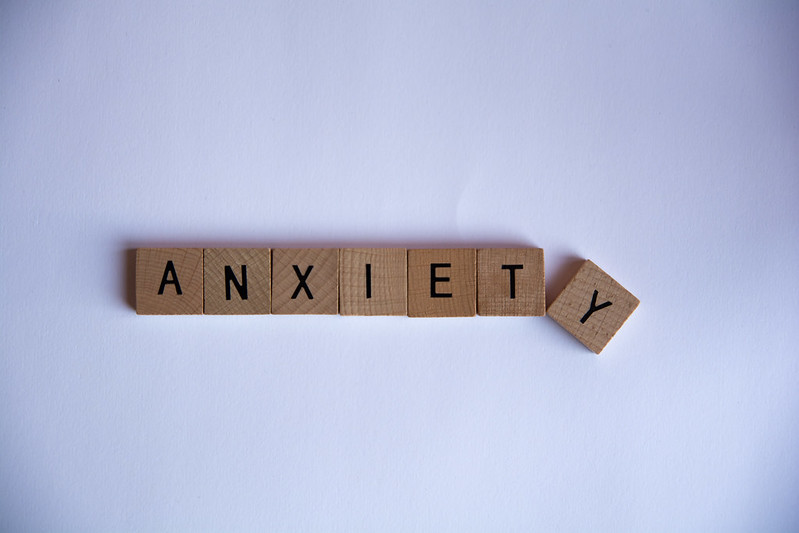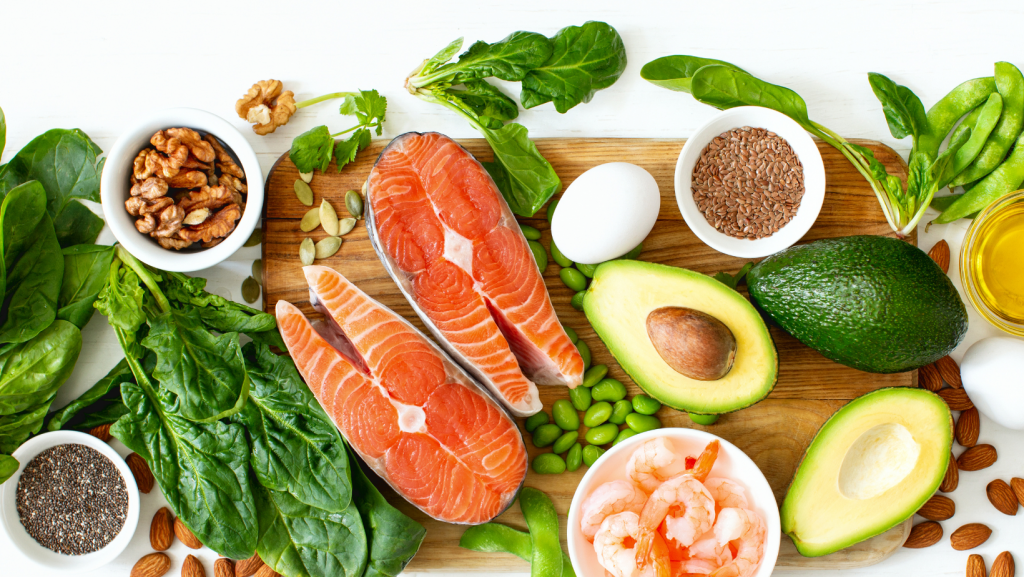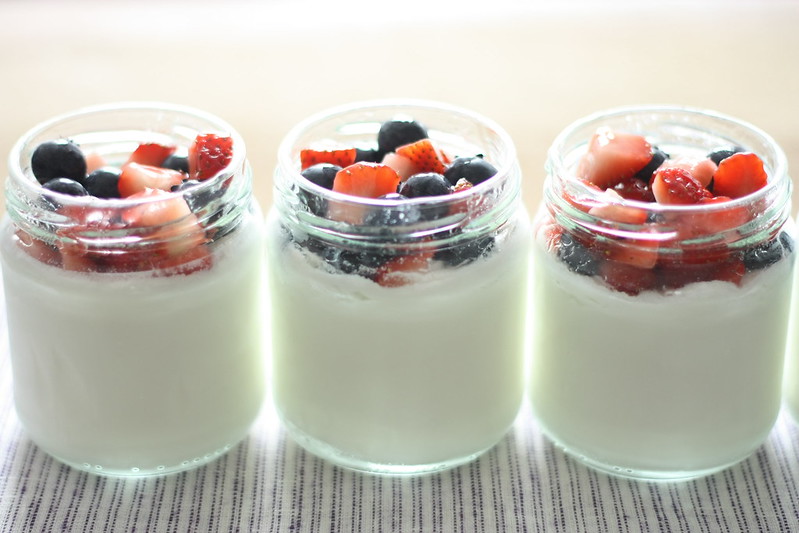Nutrition and Mental Health: The Connection Between What You Eat and How You Feel

Published: July 24, 2023
In today’s fast-paced world, we often opt for convenience over health when it comes to our food choices. Little do we realize, what we eat can have a profound impact on our overall mental health. If you’re struggling with mental health conditions like anxiety or depression, understanding the connection between nutrition and mental health could be the missing link to unlocking your best, happiest self.
The State of Mental Health in the US
- According to the National Institute of Mental Health, nearly 20% of adults in the US have a mental health condition.1
- Depression and anxiety disorders are among the most common mental health concerns in the US, affecting almost 20 million individuals across the country.2

The Link Between Diet and Mental Health
Our diet plays a significant role in our overall well-being, much more than we previously understood. Here are a few key points about the diet-mental health connection:
- A well-balanced diet helps improve our mood and cognitive function, partly by providing essential nutrients that support healthy nerve cells.3,4
- On the other hand, a poor diet may contribute to the development or worsening of mental health issues, such as depression and anxiety.3
- Deficiencies in essential nutrients, such as omega-3 fatty acids, B vitamins, and antioxidants, have been linked with poor mental health.5,6
- Our gut microbiome is directly linked to the brain. Poor gut health can negatively impact mental health and vice versa.7
Foods to Boost Mental Health
Making the conscious effort to incorporate brain-healthy foods into your diet can make all the difference. Here are a few foods and nutrients you might consider adding to your meals: 3
- Omega-3 fatty acids: Found in fatty fish like salmon, mackerel, and sardines, as well as in walnuts and flaxseeds.
- B vitamins: Get these from whole grains, lean meats, dairy products, and dark leafy greens.
- Antioxidants: Consume fruits and vegetables like berries, spinach, and kale to benefit from their antioxidant properties.
- Probiotics: Support your gut health by incorporating fermented foods like yogurt, kimchi, and sauerkraut into your diet.

Summary
To wrap up, the connection between nutrition and mental health is one that everyone should be aware of. By incorporating brain-healthy foods into our daily diets, we can work towards improved mental health and a better life overall. Share your favorite brain-boosting recipes in the comments below or share this post on social media to spread awareness about the importance of diet for mental health.
Your Next Step: Personalize Your Nutritional Plan with Kyla’s Longevity Program
Interested in taking charge of your health and longevity with a personalized nutrition and wellness plan? Our expert team at Kyla’s Longevity Program, including a registered dietitian, offers comprehensive support tailored specifically to your goals. Start your journey to living a long, healthy life by discovering the best nutrition plan for you.
References
- Mental illness. National Institute of Mental Health (NIMH). Accessed June 14, 2023. https://www.nimh.nih.gov/health/statistics/mental-illness
- Anxiety Disorders – Facts & statistics. Anxiety & Depression Association of America. Published October 28, 2022. Accessed June 14, 2023. https://adaa.org/understanding-anxiety/facts-statistics
- Muscaritoli M. The impact of nutrients on mental health and well-being: Insights from the literature. Front Nutr. 2021;8:656290. doi:10.3389/fnut.2021.656290
- Lakhan SE, Vieira KF. Nutritional therapies for mental disorders. Nutr J. 2008;7(1):2. doi:10.1186/1475-2891-7-2
- Bremner JD, Moazzami K, Wittbrodt MT, et al. Diet, stress and mental health. Nutrients. 2020;12(8):2428. doi:10.3390/nu12082428
- Zielińska M, Łuszczki E, Dereń K. Dietary nutrient deficiencies and risk of depression (review article 2018-2023). Nutrients. 2023;15(11). doi:10.3390/nu15112433
- Carabotti M, Scirocco A, Maselli MA, Severi C. The gut-brain axis: interactions between enteric microbiota, central and enteric nervous systems. Ann Gastroenterol. 2015;28(2):203-209.